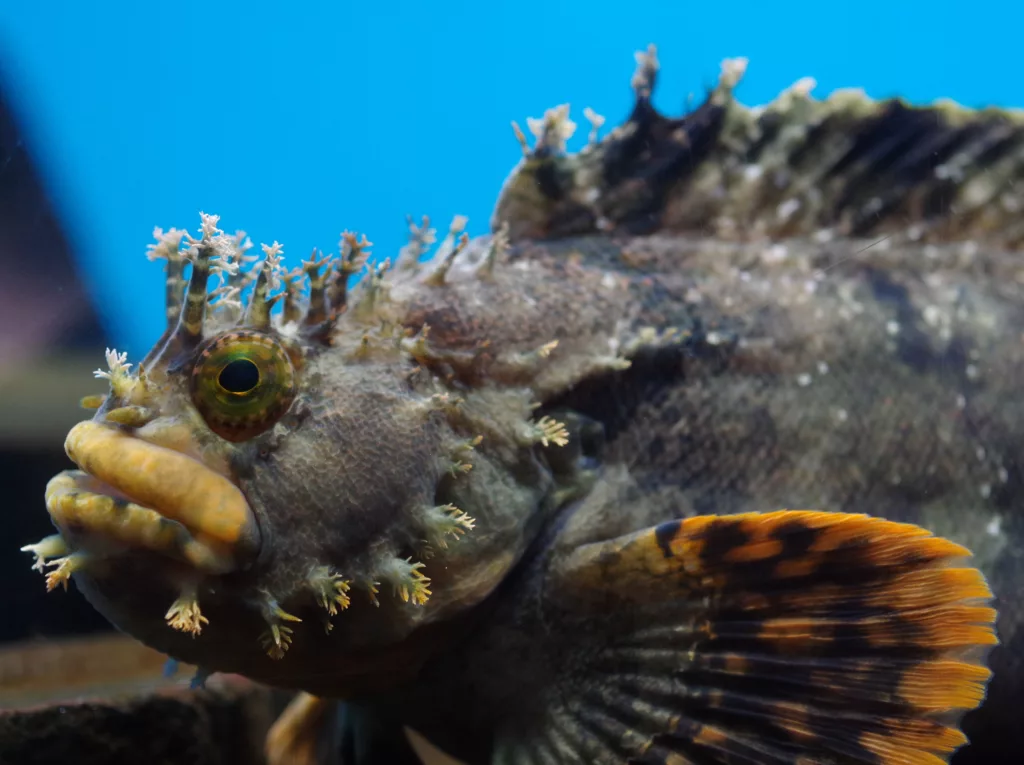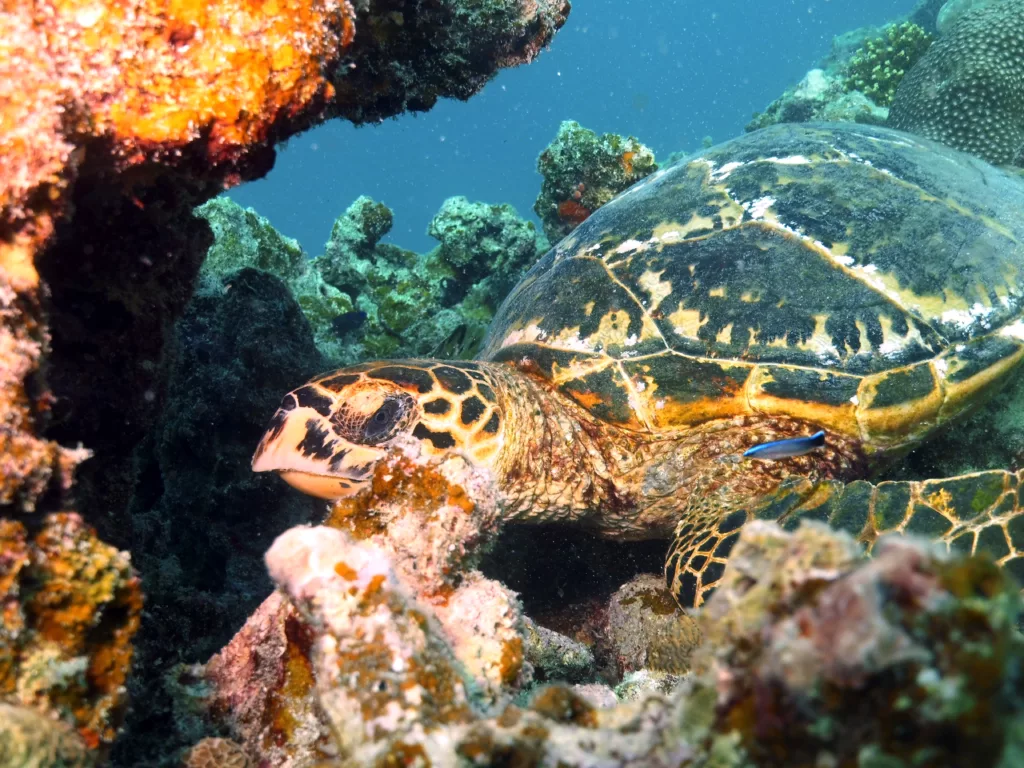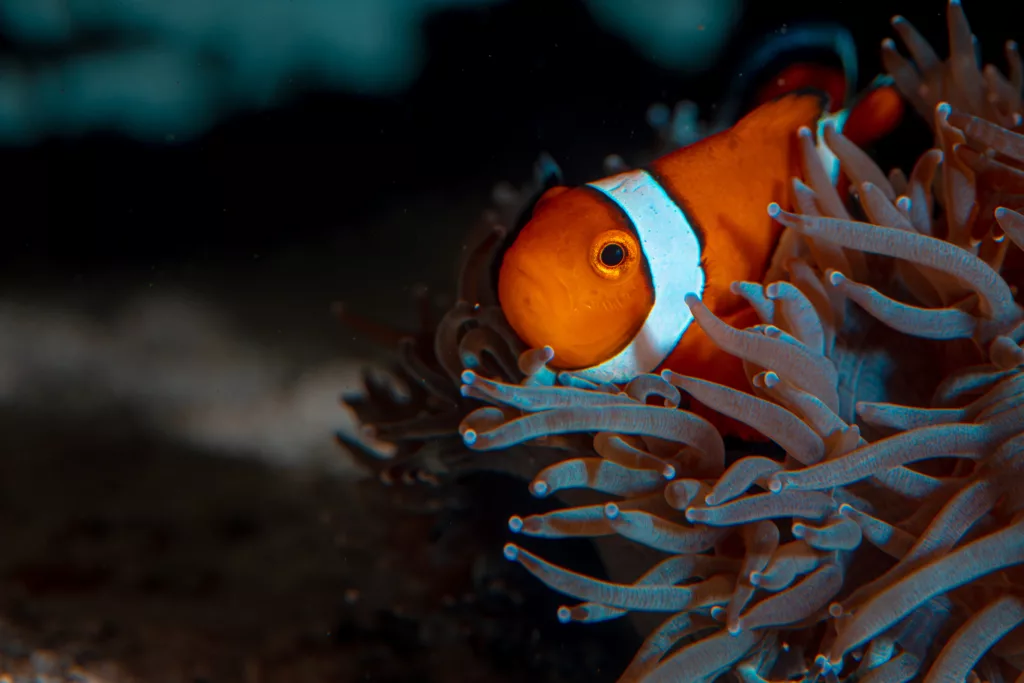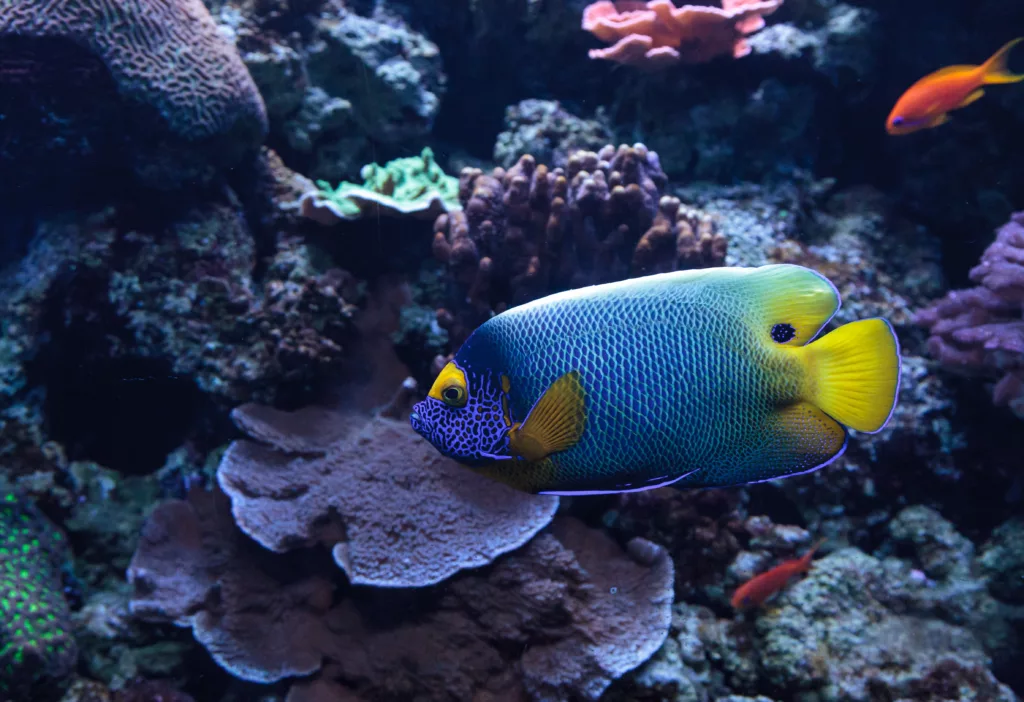From the vibrant coral reefs of Bali to the deep blue mysteries of the open sea, our oceans are not just water bodies but a rich tapestry of ecosystems. As divers and admirers of the underwater world, the health of our oceans is directly linked to the joy and wonder we experience during every scuba diving adventure. However, the same seas that host unforgettable dives also face threats from pollution, overfishing, and climate change. Embracing daily habits that protect our oceans can make a significant impact. Let’s dive into the top 5 daily habits that every ocean lover should adopt to ensure that every dive into the ocean, whether in Bali or beyond, continues to be a story of wonder and amazement.
1. Reduce, Reuse, Recycle – The Diver’s Mantra
Imagine diving into the crystal-clear waters of the ocean, only to find them clouded with plastic and debris. This sight is becoming more common than one might think, and it serves as a stark reminder of the pollution burdening our marine ecosystems. We, as divers, are given the unique privilege to witness the beauty of aquatic life up close, and with this privilege comes a responsibility – the responsibility to protect these vulnerable habitats. Embracing the ‘Reduce, Reuse, Recycle’ mantra can initiate significant change. Firstly, reducing our reliance on single-use plastics can substantially lessen the waste that ends up in the ocean. Reusable items such as shopping bags, water bottles, and straws are not only economical in the long run but also reduce waste generation. Moreover, recycling forms the last line of defense in waste management, turning potential waste into reusable material. Educating those around us enhances awareness and encourages more people to join in, further amplifying our collective impact. Each step, no matter how small, contributes to the preservation and cleanliness of beloved dive locations globally, ensuring the survival of these ecosystems for future diving enthusiasts.
2. Sustainable Seafood Choices

The ocean’s bounty has been a staple in our diets for millennia. However, modern practices of overfishing have threatened this age-old balance, pushing many fish populations to the brink of collapse. As consumers, we hold considerable sway over the fishing industry through our dietary choices. Opting for sustainably sourced seafood is a pivotal step in fostering a balanced marine ecosystem. When we choose seafood certified by reputable organizations such as the Marine Stewardship Council, we contribute to the conservation of aquatic environments. These certifications ensure that fishing methods meet stringent sustainability standards that help in maintaining healthy fish populations and their natural habitats. By being mindful of our seafood consumption, we not only enjoy delicious meals but also play a part in preserving the underwater worlds that dazzle us on every dive. Divers especially, privileged witnesses to the underwater marvels, are positioned to appreciate the direct benefits of sustainable fishing, which keeps dive sites teeming with life and beauty. Such responsible choices preserve the thrill of discovery for divers at spots like Indonesia’s rich and vibrant coral reefs.
3. Engage in Responsible Diving Practices

The thrill of diving comes from encountering the serene and untouched world beneath the waves. Yet, the impact of diving on marine ecosystems can be profound if not conducted responsibly. Every diver should adhere to responsible diving practices to minimize their environmental footprint. Maintaining good buoyancy is crucial; it prevents divers from accidentally damaging coral reefs, which are vital to the ocean’s health but extremely fragile. The ‘no touch’ rule is equally important—resisting the urge to touch or feed marine wildlife helps preserve the natural behavior and health of these creatures. Furthermore, divers should avoid removing natural or historical artifacts from dive sites, leaving them intact for fellow explorers to appreciate. By following these guidelines, divers ensure that the underwater beauty they admire today will survive for future generations to enjoy. Practices such as these safeguard dive sites around the world, including popular destinations like Bali, known for its breathtaking underwater scenery. Responsible diving is not just about enjoying the ocean; it’s about showing respect and ensuring its future sustainability.
4. Support Ocean-Friendly Products and Services

Breathtaking, diverse, vibrant—these words barely scratch the surface of the wonder that awaits underwater in Bali. Whether you’re seeking adventure, tranquility, or a different kind of experience entirely, the Island of the Gods offers something for every diver. So, pack your gear, charter a course for Bali, and carve your own unique underwater narrative. After all, diving is not just about seeking new landscapes but also about witnessing new forms of life. As consumers, our choices extend beyond what we eat and include the products we buy and use in our daily lives. Opting for ocean-friendly products plays an essential role in reducing harmful impacts on marine environments, ensuring that the beauty of places like Bali remains unspoiled for generations of divers to come. Happy diving!
5. Advocate and Educate
The vast, mysterious beauty of the ocean is out of sight for most, but as divers, we have the privilege to explore it firsthand. However, the privilege comes with a duty to protect and preserve these natural wonders. Advocacy and education are powerful tools that can mobilize communities and influence policy-making. Sharing our underwater experiences and the importance of preserving such ecosystems can inspire others to act. Using social media platforms, engaging in conversations at community levels, and joining conservation groups are all effective ways of advocating for marine protection. Through education, we illuminate the intricate connections within marine ecosystems and their significance to the global environment. The more people understand and care about these underwater treasures, the more likely they are to join the cause to protect them. Together, through our collective efforts in advocacy and education, we can ensure that future generations will also be able to enjoy and marvel at the wonders beneath the waves.
Dive into Conservation: Your Role in the Ocean’s Future
Every diver has the power and responsibility to contribute to the health of our oceans. By adopting these five daily habits, from making informed seafood choices to engaging in responsible diving, we not only enhance our diving experiences but also ensure the longevity and vitality of our marine ecosystems. As you plan your next trip, perhaps to the exotic dive sites of Bali, remember that your actions above and below the water can cause ripples of change. Let’s pledge to protect what we love and ensure that our underwater adventures always reflect our commitment to ocean conservation.


This post truly encapsulates the beauty of diving while underlining the critical need for conservation. It’s a wake-up call for every diver and ocean lover to shoulder their responsibility in preserving our marine ecosystems.
I love how this post highlights the importance of ocean conservation. As a diver myself, I can attest to the beauty and fragility of our marine ecosystems.
Dear Aisha, thank you for sharing your thoughts on our blog post! We’re thrilled to hear that you appreciate the importance of ocean conservation. At Pebble and Fins, we’re committed to making a positive impact on the environment and supporting local communities through sustainable tourism practices. Our resort is dedicated to providing training facilities for local staff and promoting education and job opportunities in the surrounding areas. We’d be happy to have you join us on our mission to change the world, one resort at a time! If you’re interested in learning more about our initiatives or would like to get involved, please feel free to reach out to us at [email protected] or +62 857 3891 8262. We look forward to hearing from you soon!
This post is so well-written! The author does a great job of explaining the importance of responsible diving practices and sustainable seafood choices. I’m definitely going to make some changes in my daily habits.
Thank you so much for your kind words about our post! We’re thrilled to hear that it resonated with you and inspired you to make changes in your daily habits. At Pebble & Fins, we believe that every small action can make a big difference in protecting our oceans. If you have any questions or would like to learn more about how you can get involved in ocean conservation efforts, please don’t hesitate to reach out to us at [email protected] or +62 857 3891 8262. We’re always happy to chat and share our knowledge with fellow ocean lovers. Keep up the great work!
I completely agree with the author’s call to action. As a society, we need to take better care of our oceans and all the amazing creatures that live in them. I’m going to start making some changes today!
Thank you for your enthusiasm and willingness to make changes! We’re glad to hear that our call to action resonated with you. As a resort, we’re committed to making a positive impact on the local community and the environment. We’d love to help you get started on your journey towards sustainability. Our dedicated training facilities can provide valuable insights and skills for you to make a difference. Why not join us at our resort in Bali and learn more about how you can contribute to ocean conservation? You can contact us at [email protected] or +62 857 3891 8262 for more information.